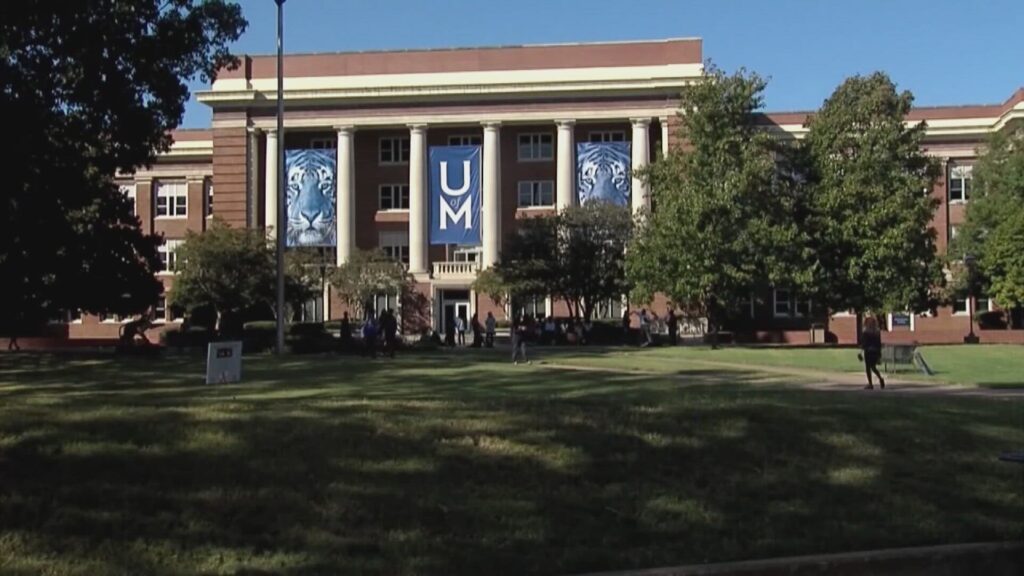According to the Chairman of Parliament’s Education Committee, Peter Nortsu-Kotoe, Ghana’s Parliament will soon pass the Ghana Scholarship Authority Bill.
The legislation addresses longstanding issues of nepotism and cronyism in the country’s scholarship system.
Laid before Parliament on July 8, 2025, by Education Minister Haruna Iddrisu, the bill seeks to transform the existing Ghana Scholarship Secretariat into a statutory authority with enhanced powers to ensure scholarships are awarded based on merit and need, aligning with national development goals.
Response to Systemic Challenges
For years, Ghana’s scholarship system has faced criticism for its lack of transparency and accountability.
Reports, including a 2024 investigation by The Fourth Estate, exposed how scholarships were often awarded to politically connected individuals and social elites, sidelining deserving students from underprivileged backgrounds.
High-profile beneficiaries, such as relatives of political figures and affluent individuals, sparked public outrage, prompting calls for reform from civil society and education advocates like Africa Education Watch (Eduwatch).
The Ghana Scholarship Authority Bill will address these concerns by establishing a robust legal framework to govern scholarship administration.
“The policy underpinning this bill is to deal with nepotism and cronyism associated with the award of scholarships so that we strengthen the Ghana Scholarship Secretariat into an Authority to administer scholarships meritoriously to deserving Ghanaian students,” said Minister Iddrisu during a parliamentary session.

The bill emphasizes need-based and merit-based criteria, prioritizing students from underrepresented communities, rural areas, and low-income families.
Key Provisions of the Bill
The newly established Ghana Scholarship Authority will replace the Scholarship Secretariat, which was created in 1960 to support talented but under-resourced students in pursuing higher education.
The new authority will have enhanced powers, including the ability to convert scholarship benefits into loans for beneficiaries who fail to return to Ghana after completing their studies abroad, addressing concerns about brain drain.

The bill also aligns scholarship awards with national manpower needs, focusing on critical fields such as science, technology, engineering, mathematics (STEM), and education.
This strategic focus aims to bolster Ghana’s human resource capacity in areas vital to its development.
Additionally, the authority will implement a transparent management system to track scholarship recipients, their fields of study, and their contributions to national development.
Addressing Scholarship Controversies
The passage of the bill comes at a critical juncture, as Ghana grapples with a scholarship funding crisis, particularly for students studying abroad.
The Minority Committee on Education recently described the government’s failure to honor scholarship obligations as a “national disgrace,” with hundreds of Ghanaian students in countries like the United States, the United Kingdom, and Eastern Europe facing eviction, deregistration, and potential deportation due to unpaid tuition and accommodation fees.
Notably, the University of Memphis reported that 185 Ghanaian students were at risk of dismissal due to a $3.6 million debt owed by the Ghana Scholarship Secretariat.

The new authority is expected to address these issues by implementing payment plans with international institutions, reopening communication lines with students and universities, and securing emergency funds to stabilize the situation.
This article was summarised with the help of AI and edited by human reviewers





